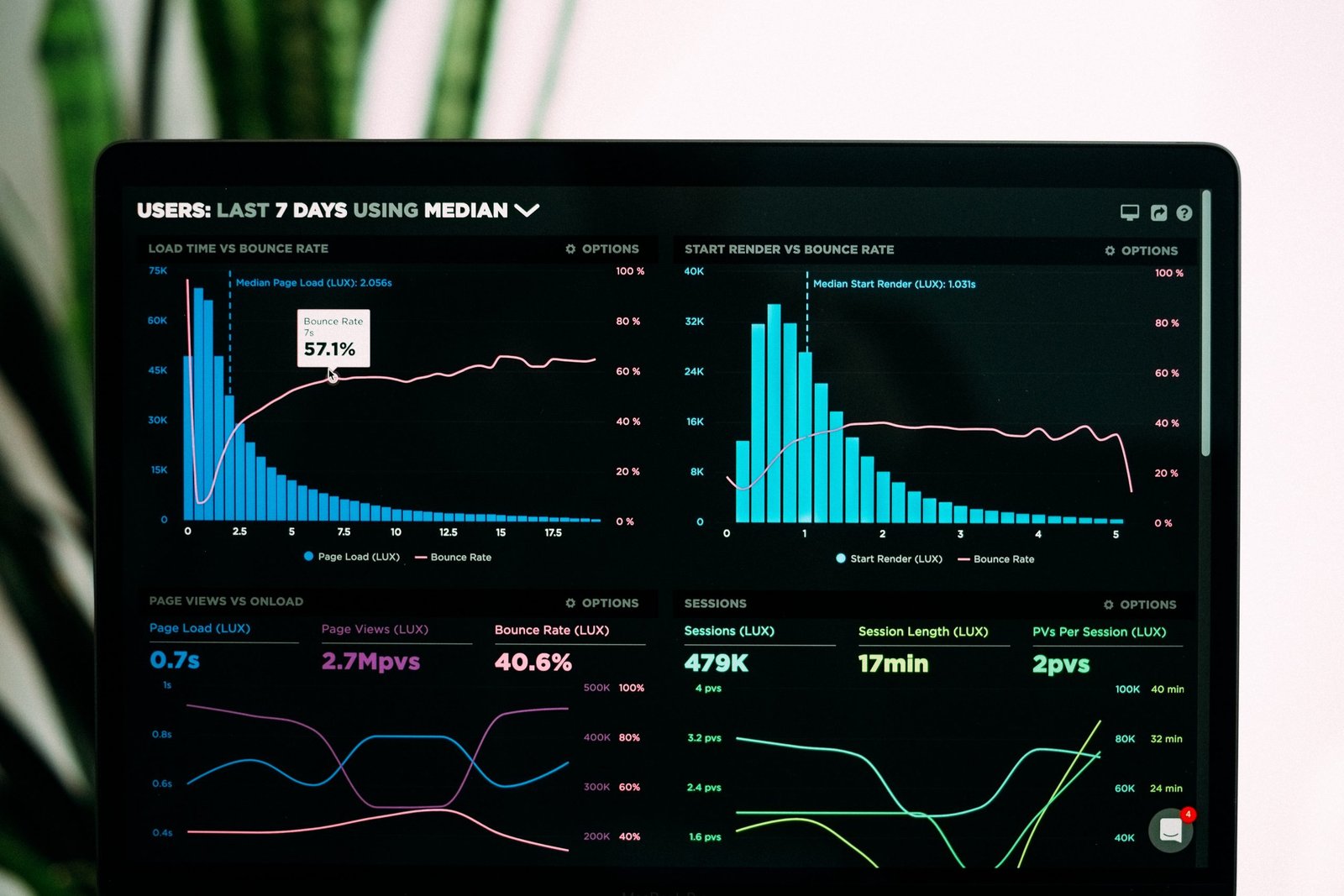
Data Engineering Vs Data Science: 8 Things To Know
Big data is one of the most important aspects of our world today.
And while there are many different fields within big data, two of the most important are data engineering and data science. And which one should you focus on if you’re looking to pursue a career in big data?
Here are 8 things you need to know about data engineering and data science and the differences between the two!
The General Differences
Data engineering is the process of managing large quantities of data to ensure that useful information can be extracted from them using systems and processes that are scalable, repeatable, and maintainable. The main job for people here is to extract value out of data.
On the other hand, data science is more focused on the scientific process of extracting value from data. Data scientists work with statistical modeling, machine learning algorithms, and various other processes to extract meaningful information from data. Therefore, when you put data engineering vs data science, you’re essentially asking what’s the difference between data processing and data analysis. One keeps the data organized, while the other keeps adding value to the data.
All About The Tools
Data science is all about deriving insights from large amounts of data. It works with things like machine learning algorithms, statistical modeling, and predictive analytics to extract valuable information from data that may not be obvious at first glance.
Data engineering, however, is all about the tools. Data engineers use tools like databases, distributed file systems, and cloud computing to support data science. The job of a data engineer is to make it easier for data scientists to do their jobs effectively by creating an environment where they can store large volumes of data so that they can be analyzed later. The role of a data engineer is to put the necessary tools in place so that data scientists can do their jobs more effectively.
More Approximate Than Exact
When you’re dealing with big amounts of data, it’s tough to get accurate results every single time. This is true for both. With data engineering, there will always be some level of loss when it comes to the accuracy of the information that’s being processed. Data science is even more approximate than data engineering since machine learning algorithms are never 100% accurate – they’re simply designed to produce the best results possible with the data you give it.
More of an Art than Science
Because a lot of data science involves using machine learning algorithms, statistical modeling, and various other statistical processes to extract information from data that’s not initially obvious, it’s considered more of an art than a science. In fact, many people in the field describe what they do as “data analytics” instead of data science.
Data engineering, on the other hand, is more of a rigorous process. It requires the use of proper tools and systems that ensure that data is processed in a way that’s scalable and repeatable.
Relying on Statistics and Math
One of the main characteristics of data science is its reliance on statistical modeling to help derive valuable insights from data. Data scientists use mathematical models to extract valuable information from the data they have so that they can make better and more informed decisions later on.
On the other hand, data engineering is less reliant on complex statistical modeling and more reliant on proper tools and systems to ensure that valuable information isn’t lost along the way as it’s being processed.
Parallel Processing
Since data science deals with large amounts of data that can sometimes be difficult to process given computing resources, it often relies on parallel processing to help speed things up. With parallel processing, different pieces of data are processed simultaneously by different processes to cut down on the amount of time needed to process that data.
Data engineering, on the other hand, typically doesn’t rely on parallel processing. This is because it deals with smaller amounts of data that can be processed quickly by a single computer so there’s no need to use parallel processing methods.
More about Analysis
Since data engineering focuses more on the tools and the infrastructure needed to support data science, it is often perceived as a more analytical field than a creative one. It deals with finding ways to make it easier for data scientists to do their jobs by putting in place systems that support different types of analysis. In comparison, since data science is more about actually performing analysis on large amounts of data, it’s often perceived as more creative than the data engineering field. It requires looking at problems from different perspectives to determine how best to extract value from the available information.
Hands-On
Since data science typically focuses on performing analysis on large amounts of data and then presenting that information in a way that’s easy for businesses to understand, it requires more in-the-field experience than data engineering does.
Data engineers typically work with data scientists when setting up systems that allow the information to be processed efficiently. This means that they typically won’t need to interact much with the data or present their findings to companies since the data scientists they work with will likely be doing that for them.
With data science, on the other hand, you’ll need to get your hands dirty and actually look at raw data yourself to perform analysis that can potentially inform business decisions. This means that more of your time will be spent interacting directly with the data instead of working on the infrastructure that makes it possible to process that data in a scalable and repeatable manner.
There are some significant differences between data engineering and data science. Which one you choose to focus on will depend largely on your specific goals when it comes to big data. If you want to spend more time interacting directly with raw data, then data science is probably a better choice. If you’re more interested in working with data scientists to ensure that the information they receive can be processed as efficiently as possible, then data engineering is probably a better way to go.
If you have an interest in either, you should try to gain as much experience in both fields as possible so that you can choose which one best aligns with your career goals.











